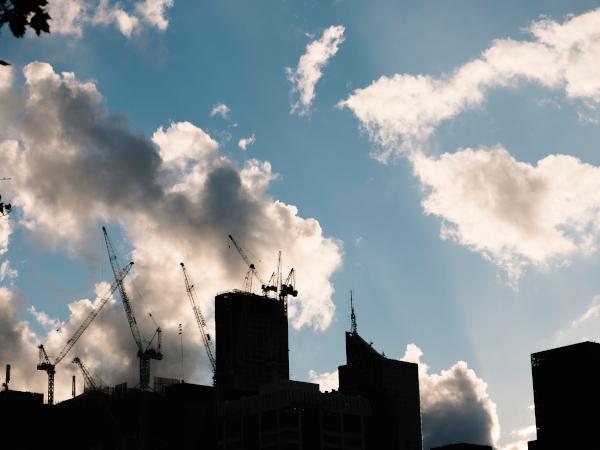
Date: 12 February 2024
An ambitious EU 2040 climate target entails a deep reshaping of energy intensive industries, which are the foundations of the European manufacturing backbone and its value chains.
This unprecedented objective is less than two decades away. Moreover, it is proposed in a particularly severe economic and geopolitical context, where European industrial leadership based on innovation, skilled labour force and value creation is undermined by high energy prices, a slowdown of the economy, bottlenecks in value chains, and the lack of an international playing field.
Our sectors urgently need a business case to deliver on the massive investments needed. EU climate policy must therefore go together with ambitious industrial policy that facilitates a viable and solid business case for the climate transition. The experience so far indicates that, in the absence of equivalent climate regulation by third countries, the European approach based on unilateral targets and carbon pricing is insufficient to trigger these investments. Instead, Europe urgently needs a comprehensive investment friendly framework that takes into account also the new geopolitical context.
A key precondition for such a framework is access to internationally-competitive energy and decarbonisation infrastructure. In this regard, Europe should address its current gap by accelerating investments in capacity and infrastructure related to electricity, hydrogen, carbon capture, utilisation and storage, while making sure industrial consumers benefit from these investments.
Secondly, simplified rules on EU and national funding for both capital expenditure (CAPEX) and operational expenditure (OPEX) are necessary to make the support more predictable and accelerate the transition from demonstration to first-of-a-kind industrial scale and commercialisation. The widest range of technologies and solutions should be supported, also by resolving any administrative bottlenecks, such as permitting. This should be complemented by demand side policies that create lead markets for climate neutral and circular products, as well as EU and Member State funding.
Finally, the competitive transition of energy intensive industries towards climate neutrality is viable only in the context of international fair competition. Therefore, the EU should strengthen its policy instruments to ensure a real level playing field for EU industries in favour of the EU’s resilience and open strategic autonomy. Carbon and investment leakage should be stopped by setting a robust anti-leakage framework, to avoid that more industrial activity is outsourced outside Europe, and by providing clarity on a realistic framework for the period 2031-2040 to address residual industrial emissions.
This is a make-it or break-it moment for the EU to revert the deindustrialisation risks and consolidate both its climate and industrial leadership. Energy-intensive industries are determined to continue contributing to Europe’s welfare and decarbonisation, with their valuable capital of quality jobs and continuous innovation, but their success urgently needs a supportive regulatory framework.
 600450
600450


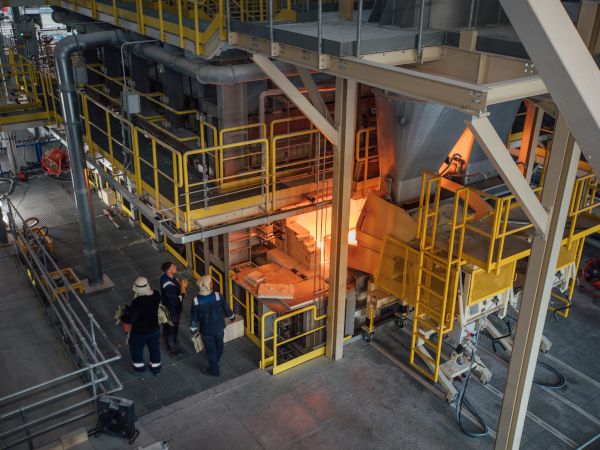
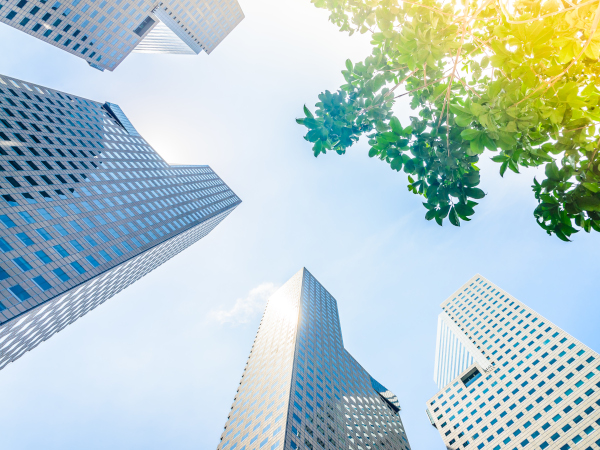
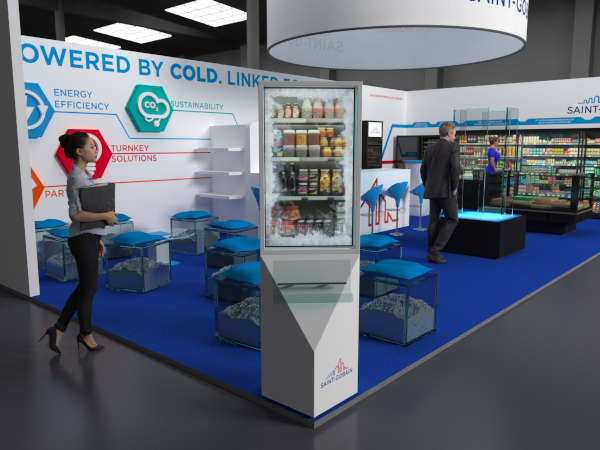
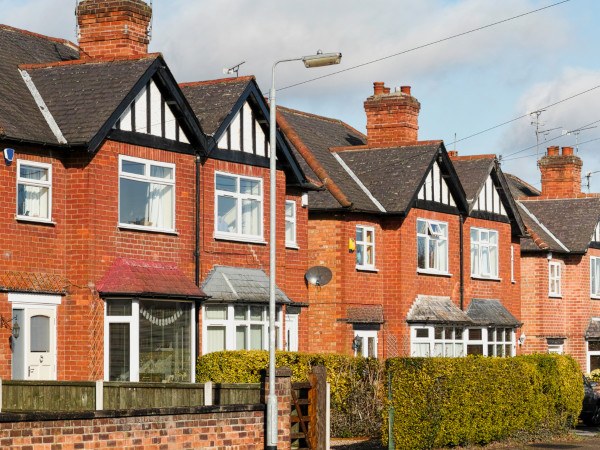
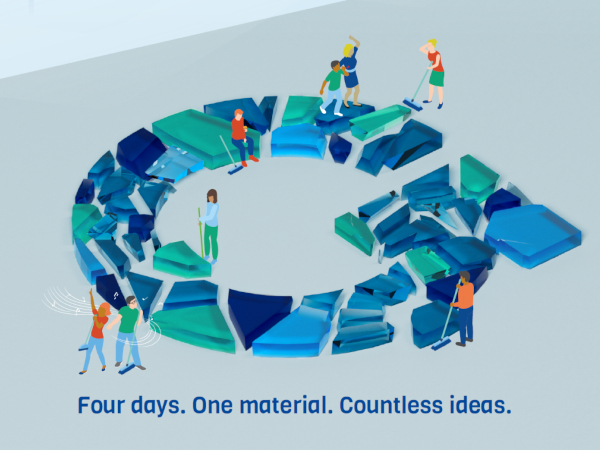

Add new comment